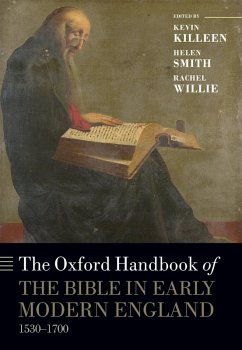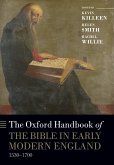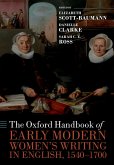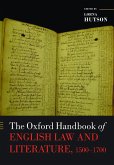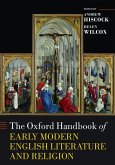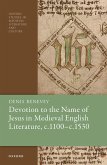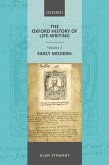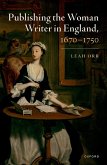The Bible was, by any measure, the most important book in early modern England. It preoccupied the scholarship of the era, and suffused the idioms of literature and speech. Political ideas rode on its interpretation and deployed its terms. It was intricately related to the project of natural philosophy. And it was central to daily life at all levels of society from parliamentarian to preacher, from the 'boy that driveth the plough', famously invoked by Tyndale, to women across the social scale. It circulated in texts ranging from elaborate folios to cheap catechisms; it was mediated in numerous forms, as pictures, songs, and embroideries, and as proverbs, commonplaces, and quotations. Bringing together leading scholars from a range of fields, The Oxford Handbook of the Bible in Early Modern England, 1530-1700 explores how the scriptures served as a generative motor for ideas, and a resource for creative and political thought, as well as for domestic and devotional life. Sections tackle the knotty issues of translation, the rich range of early modern biblical scholarship, Bible dissemination and circulation, the changing political uses of the Bible, literary appropriations and responses, and the reception of the text across a range of contexts and media. Where existing scholarship focuses, typically, on Tyndale and the King James Bible of 1611, The Oxford Handbook of the Bible in England, 1530-1700 goes further, tracing the vibrant and shifting landscape of biblical culture in the two centuries following the Reformation.
Dieser Download kann aus rechtlichen Gründen nur mit Rechnungsadresse in A, B, BG, CY, CZ, D, DK, EW, E, FIN, F, GR, HR, H, IRL, I, LT, L, LR, M, NL, PL, P, R, S, SLO, SK ausgeliefert werden.

